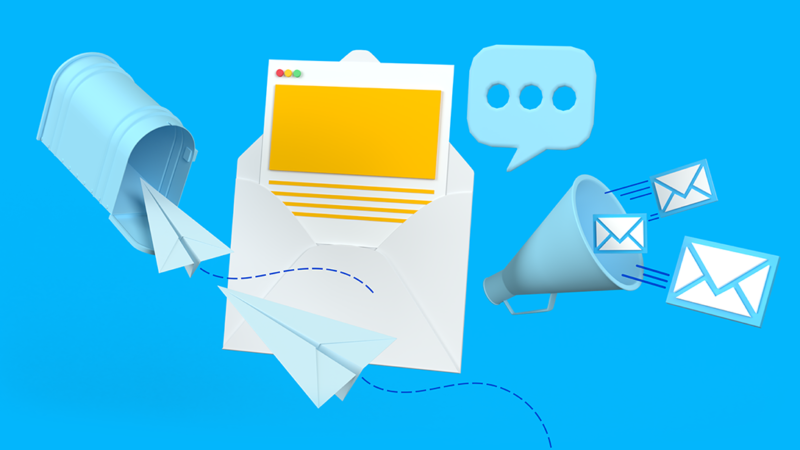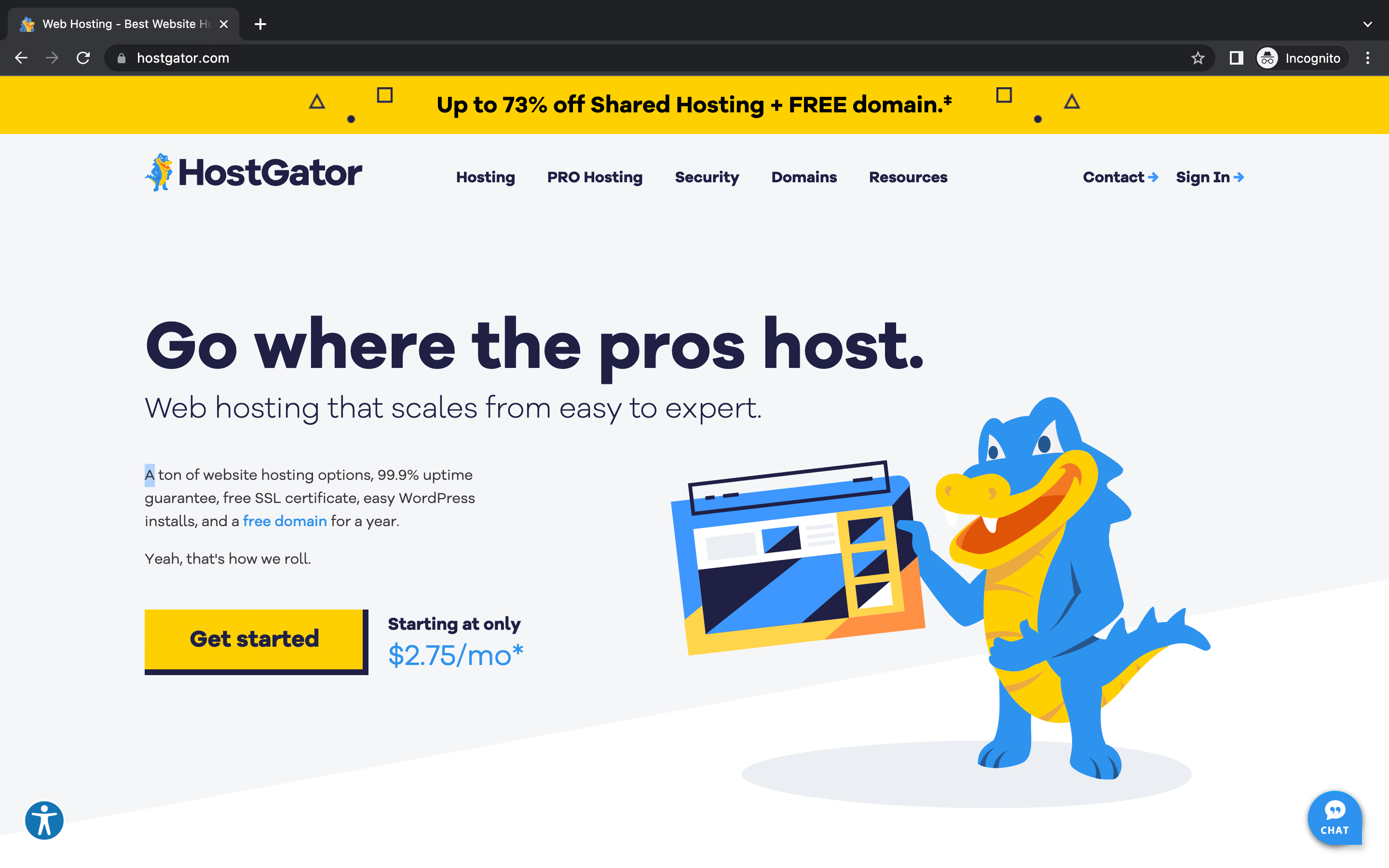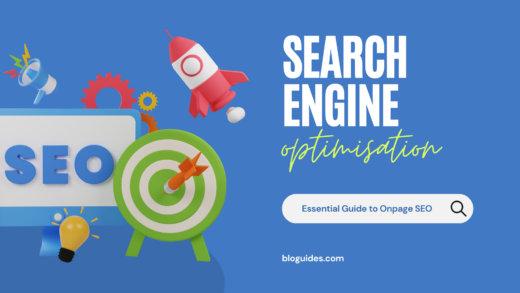Best Tools for Crafting a Successful Email Campaign

Email marketing remains one of the most effective ways to reach and engage with your audience, drive conversions, and nurture relationships. A successful email campaign requires more than just writing a catchy subject line and hitting “send.” It involves planning, designing, segmenting, testing, and analyzing results. Fortunately, there are plenty of tools designed to simplify and optimize the process. Whether you’re a seasoned marketer or just starting, the right tools can make all the difference.
Here’s a look at some of the best tools for crafting a successful email campaign in 2024.
Mailchimp: The All-In-One Platform
Mailchimp is one of the most popular email marketing tools on the market, and for good reason. It offers a comprehensive suite of tools for building, sending, and analyzing email campaigns. Mailchimp is ideal for businesses of all sizes, thanks to its user-friendly interface, affordability, and robust features.
Key Features:
- Drag-and-drop email builder: Easily design beautiful, responsive emails without any coding knowledge.
- Audience segmentation: Tailor your emails to specific customer groups based on behaviors, demographics, or other data.
- Automation: Send automated emails for various actions, like welcome messages or abandoned cart reminders.
- Analytics and A/B testing: Track performance with detailed reports and use A/B testing to optimize email content.
Who Should Use It: Mailchimp is perfect for small to medium businesses looking for an affordable yet powerful tool.
Constant Contact: Best for Small Businesses
Constant Contact is another go-to email marketing tool, particularly popular among small businesses. Its simplicity and ease of use make it a great starting point for those new to email marketing.
Key Features:
- Email templates: Access a large library of customizable templates.
- Email scheduling: Plan your emails ahead of time for optimal delivery.
- Social media integration: Easily connect your campaigns with social media platforms like Facebook and Instagram.
- Event management: Manage events, send invitations, and collect registrations all within the platform.
Who Should Use It: Small business owners or entrepreneurs who need an easy-to-learn tool to manage their email marketing.
HubSpot: The Marketing Powerhouse
HubSpot’s email marketing tool is part of its larger inbound marketing platform. While HubSpot is known for its CRM and marketing automation capabilities, its email tools stand out for their seamless integration and powerful features.
Key Features:
- Personalized email marketing: HubSpot allows you to tailor emails based on customer data stored in its CRM.
- Marketing automation: Automate personalized follow-ups, lead nurturing sequences, and more.
- Smart content and personalization tokens: Create dynamic content blocks that change based on who is receiving the email.
- Built-in CRM: Manage your contacts, leads, and campaigns all in one place.
Who Should Use It: Medium to large businesses that need a robust platform to handle both email marketing and CRM management.
ConvertKit: Ideal for Creators
ConvertKit is designed specifically for creators, bloggers, and influencers who need a simple yet powerful tool to engage their audience and grow their email list. It focuses on ease of use and advanced automation without being overwhelming.
Key Features:
- Tag-based segmentation: Instead of traditional lists, ConvertKit allows you to tag subscribers based on actions or behaviors.
- Automation: Easily set up automated email sequences to nurture leads.
- Landing page builder: Build custom landing pages to grow your email list.
- Creator-focused: Includes features like product launches, course promotion, and audience engagement.
Who Should Use It: Content creators, bloggers, and digital entrepreneurs who want to build an audience and sell products or services.
ActiveCampaign: Automation at its Finest
If automation is a critical component of your email marketing strategy, ActiveCampaign is the tool for you. Known for its sophisticated automation workflows, ActiveCampaign can help you create highly personalized email sequences that engage and convert.
Key Features:
- Advanced automation: Create detailed workflows based on triggers, actions, and conditions.
- Customer experience automation: Automate not only email marketing but also the entire customer experience.
- CRM and email marketing integration: Seamlessly integrate CRM functions with email campaigns to track customer interactions.
- Lead scoring: Identify and focus on high-value leads with built-in lead scoring.
Who Should Use It: Businesses that rely heavily on automation to drive sales and nurture relationships.
Sendinblue: Best for Transactional Emails
Sendinblue is a versatile tool known for combining both email marketing and SMS marketing in one platform. It’s particularly great for businesses that need to send transactional emails, such as order confirmations or shipping updates.
Key Features:
- Transactional email: Set up automatic emails triggered by customer actions.
- Email and SMS campaigns: Combine both email and SMS marketing for a multi-channel approach.
- Advanced segmentation: Segment your audience based on criteria like location, purchase history, or engagement level.
- Real-time analytics: Track your email campaigns in real-time to optimize performance.
Who Should Use It: E-commerce businesses or companies that need to send both promotional and transactional emails.
Benchmark Email: Easy for Beginners
Benchmark Email is a user-friendly tool that offers everything you need to launch email campaigns without the complexity. It provides a clean interface and useful tools for those just starting out with email marketing.
Key Features:
- Simple drag-and-drop editor: Quickly design professional-looking emails.
- A/B testing: Test different versions of your email to see which performs better.
- Mobile responsive emails: Ensure that your emails look great on any device.
- Surveys and polls: Engage with your audience directly through interactive content.
Who Should Use It: Beginners or small businesses that want a straightforward and affordable tool for email marketing.
GetResponse: Complete Marketing Automation
GetResponse is a powerful tool that combines email marketing with a complete suite of online marketing tools, including webinars, landing pages, and marketing automation.
Key Features:
- Webinars: Run webinars directly from GetResponse to engage with your audience in real time.
- Email automation: Create automated workflows based on user behavior.
- Conversion funnels: Create entire sales funnels, from lead generation to sales.
- Landing page creator: Build and test landing pages for better conversion rates.
Who Should Use It: Businesses looking for an all-in-one marketing platform that goes beyond email.
MailerLite: Affordable Yet Powerful
MailerLite offers a stripped-down version of other tools but still provides all the essential features you need to run a successful email campaign. It’s an affordable option, making it perfect for startups or businesses on a budget.
Key Features:
- Drag-and-drop editor: Easily create responsive emails.
- Automation: Set up automated email workflows based on subscriber actions.
- Landing pages and pop-ups: Grow your email list with high-converting forms and pages.
- Advanced analytics: Monitor the success of your campaigns with detailed reports.
Who Should Use It: Budget-conscious businesses or startups that need basic but effective email marketing tools.
Omnisend: Best for E-commerce
Omnisend is an e-commerce-focused email marketing platform that integrates seamlessly with platforms like Shopify, WooCommerce, and BigCommerce. It combines email, SMS, and push notifications into one tool, allowing for a cohesive marketing strategy.
Key Features:
- E-commerce integrations: Connect with popular online store platforms to send targeted messages based on customer activity.
- Pre-built automation workflows: Use ready-made workflows like welcome series or abandoned cart recovery.
- Multi-channel marketing: Send messages through email, SMS, and push notifications all in one campaign.
- Dynamic content: Personalize product recommendations and offers based on customer behavior.
Who Should Use It: E-commerce businesses looking for a specialized tool that integrates with their online store.
Final Thoughts
Crafting a successful email campaign involves more than just sending out newsletters. The right tools can help you streamline the process, personalize your emails, and optimize your campaigns for better results. Whether you’re a small business owner or part of a larger marketing team, the tools mentioned above offer various features to help you achieve your email marketing goals.
FAQs
- What is the best email marketing tool for beginners?Mailchimp and Benchmark Email are great for beginners due to their user-friendly interfaces and simple, drag-and-drop email builders.
- Which email marketing tool is best for automation?ActiveCampaign and GetResponse are known for their powerful automation capabilities, making them ideal for businesses that rely on detailed workflows.
- What’s the best tool for e-commerce businesses?Omnisend is a top choice for e-commerce businesses, with features like cart abandonment workflows and product recommendations.
- Can I use email marketing tools for free?Yes, many email marketing tools like Mailchimp, MailerLite, and Sendinblue offer free plans with limited features, which are great for businesses just starting out.
- Which tool is best for small businesses?Constant Contact and ConvertKit are excellent options for small businesses, offering affordability and the necessary features to grow and manage your email list.



